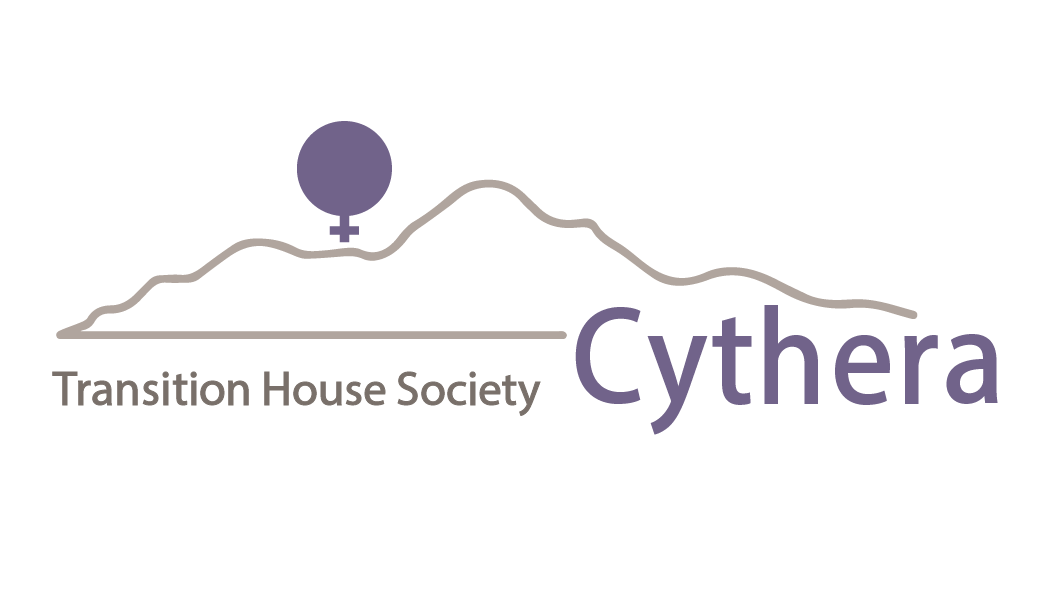Safety
Creating safety is important for all women who are in an abusive relationship. Safety encompasses physical well being as well as emotional. Understanding your social and emotional resources as well as identifying safe places you can go in times of need that will support you in coping with an abusive relationship and will make you aware of resources should you decide to leave.
Below you will find information on identifying your resources, personal and professional. This information is a great start in developing a safety plan. If would like more information contact our 24/hr support line 604-467-9966 or the counselling centre 604-467-9939.
Create a Safety Plan
Identify your support network
Who are the people in your life whom you trust to keep you and children safe? These are often people not connected with your abuser and who understand your need for confidentiality.
ie: family/relatives, co-workers/supervisors, neighbours, counsellors, professional support workers, police officers, school based staff and supports, phone based support and emergency lines.
Things to take with you if you leave
Many of these items can be collected ahead of time and stored with someone from your support network in case you need to leave quickly.
ie: important documents (birth certificates, passports, citizenship papers, custody papers, court orders ect.), money/credit cards, medicine, house keys, small valuables, clothing and small items for self and children for a couple of days.
Identify places you can go
Where can my children and I go if we need to leave quickly?
ie: the home of someone listed in your support network, police station, shelter or transitional house, hotel, 24 hour store or coffee shop.
who can help
What agencies or professional supports are available in your community?
ie: counselling and outreach programs, transition houses, Family Justice, Ministry of Children and Family Development, BC Housing



